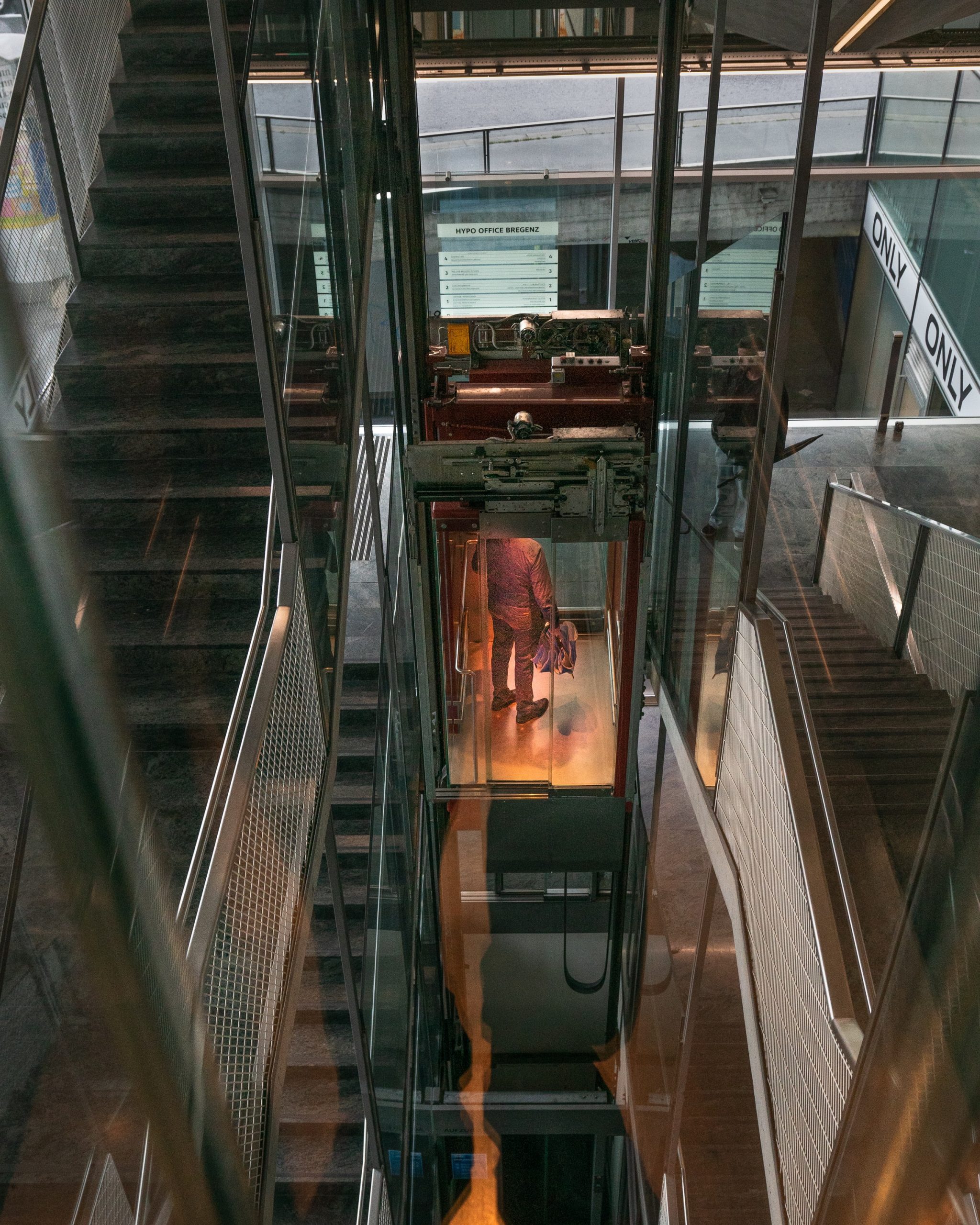Residential elevators can be a perfect solution if accessibility and mobility in your home are a challenge. As the footprint of a residential elevator has decreased over the years, more and more seniors and homeowners with disabilities or physical impairments are considering adding a mini home elevator as a viable option for easier and safer travel between levels of the home.
However, as with any home modification project, several considerations need to be made before ruling out other mobility solutions. So, without further ado, let’s dive into this blog and learn some of the things to consider before installing a mini home elevator in your home.
1. How much does a home elevator cost?

On average, the cost of a residential elevator, including installation, is between 10,000 and 100,000 dollars. Many factors influence the cost of the residential elevator and the construction surrounding the installation, upgrading, and finishing work required. Personal design preferences also come into play, such as matching trim and moldings to the rest of the house. Another consideration is the type of elevator, which will also affect the overall cost between purchase and installation. For example, there are several major categories of home elevators:
- The private hydraulic elevator
- The private electric elevator
- The manual home elevator
- The mini home elevator
- The private pneumatic elevator
2. How much space do you need for a home elevator?
Although the footprint of residential elevators has been greatly reduced in recent years, many homeowners fail to realize that installing an elevator requires a significant amount of space. Building an elevator shaft can limit the location of the elevator to certain parts of the home or make it impossible to install a traditional elevator. Non-traditional options include a through-the-floor elevator and inclined platform lifts. However, you will still need to allow for a certain amount of space in your home to install an elevator.
3. Calculate the long-term profitability of your private elevator

The private elevator represents a certain cost, which is necessary to calculate in terms of profitability. If you install a mini home elevator in your house, it is because you want to stay in your house for a few more years.
Having a clear idea of what it means to you to stay in your home, to be able to maintain your independence, and to know what your mobility issues will be as you age in your home can help you make the decision to add an elevator to your property or to choose another means of accessibility instead.
4. Does a home elevator increase the value of a home?
Adding an elevator to your home can increase the resale value of the property for the right buyer. This substantial and permanent home modification can be attractive to buyers looking to purchase an accessible home. On the other hand, some buyers may be put off by the cost of an elevator in the home, and what was supposed to be a home improvement may work against you at the time of sale.
Thus, this type of property will be more attractive for people with mobility problems at resale. On the other hand, families or young couples without disabilities could be put off by this type of installation, which represents a certain cost of maintenance and operation to ensure.
5. How long does it take to install a residential elevator?

In general, a residential elevator can be ordered and installed in 4 to 8 weeks. Installing an elevator in your home requires more time for installation and construction than adding a vertical platform lift, stair lift, or inclined platform lift. If you need an accessibility solution that can be installed fairly quickly, an elevator may not be ready in time to meet your needs.
6. How long does it take to build a residential elevator?
Installing a residential elevator involves very invasive construction work that can require additional time and money due to unforeseen problems. Choosing to add an elevator to your home can mean weeks of construction noise and dust.
A through-the-floor elevator can be installed in your home in 2-4 weeks, an elevator shaft inside the home in 4-8 weeks, while an exterior elevator, which is actually an addition to the home, can take 3-4 months. In short, you should think carefully about all these criteria before buying a private elevator, which represents a certain cost and will change the functioning of your house forever.
Looking for help?

Are you in the Greater Toronto area? Are you looking for a professional elevator company? Then look no further than Peak Elevator. They are one of the leaders in elevator maintenance and installation and give their customers fast, flexible and personalized solutions. They are the team to turn to if your system needs an upgrade, maintenance program, or emergency repairs. So, what are you waiting for? Give them a call today for a quote—they guarantee the attention, professionalism, and quality service you deserve.


Pingback: Top 7 Most Incredible Elevators In The World | Golocal business